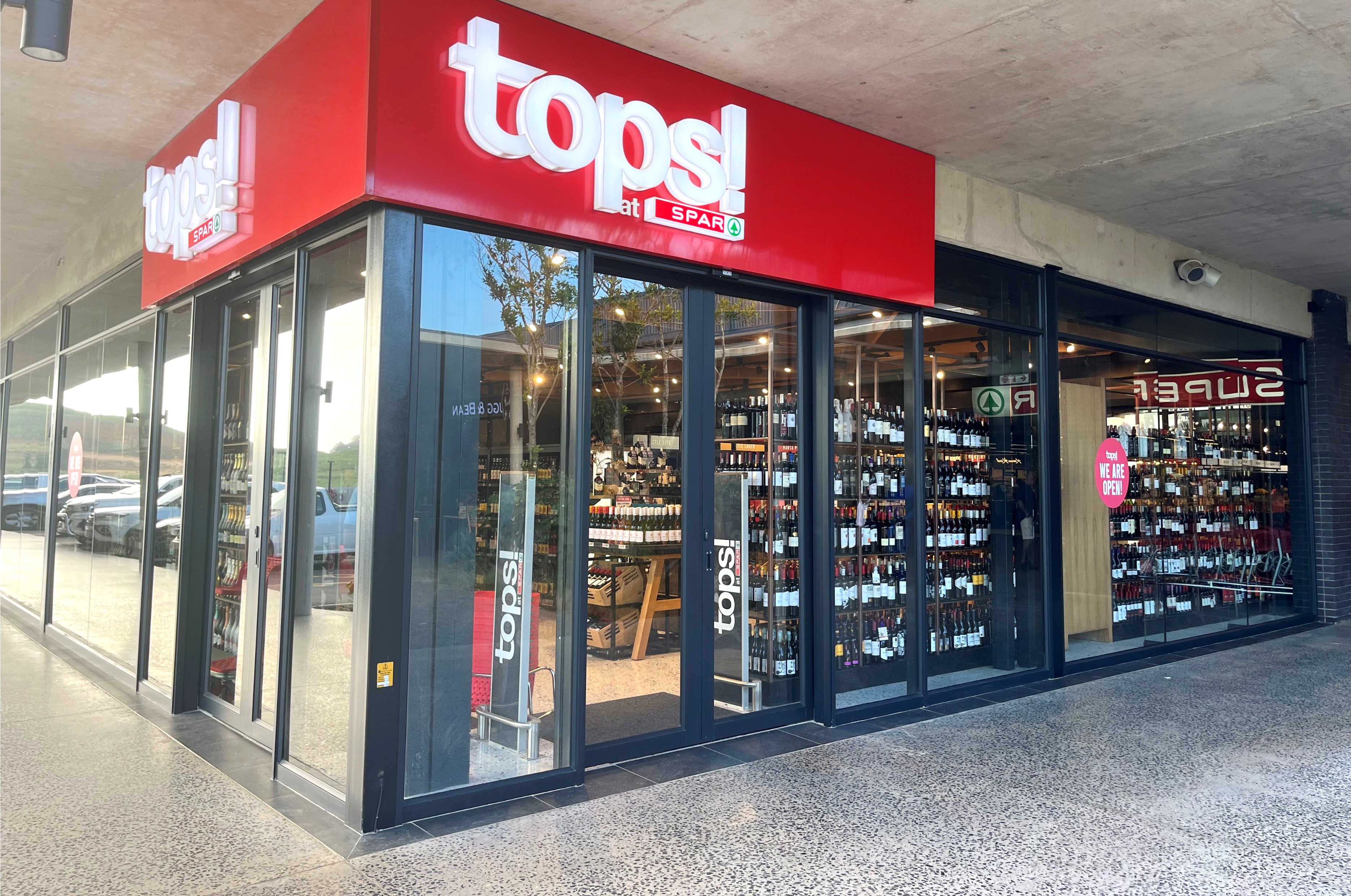The latest Liquor Retailing in South Africa Report by Trade Intelligence reveals a sector that continues to grow despite economic pressures and shifting shopper behaviour.
Despite significant pressure on the economy and shoppers’ ability to spend, South Africa’s liquor sector continues to prosper, showing growths that other categories watch in envy.
Ti’s Liquor Retailing in South Africa Report is an in-depth look into this diverse and competitive area of retailing, shopper needs and wants, the informal market (that continues to succeed) and the global and local trends shaping the industry.
Snapshot of liquor performance
Off-trade* liquor sales
Sales increased +10% in 2023 – performing ahead of on-trade**
Store footprint expansion by retailers continues to march on in the liquor sector. Five-year liquor store footprint growth for Shoprite Group, SPAR, Pick n Pay and Boxer, is almost twice the growth rate of food store footprint. Liquor brings margin opportunity to retailers as well as driving footfall, especially over the weekends, with liquor stores adjacent to supermarkets
(*Off-trade refers to physical or online stores selling beverages for later consumption off the premises)
On-trade** performance remains hampered in the post-pandemic era, with liquor sales in restaurants and catering still R8bn below pre-pandemic levels.
(**On-trade refers to bars, restaurants, pubs, and taverns that sell beverages for immediate consumption on the premises)
Shifting shopper patterns
While many important shifts and changes in the local and international liquor market are unpacked in the report, three shopper trends are worth noting:
1) In pursuit of the promotion
The impact of the current economic climate has led to shoppers changing their shopping habits, bargain hunting, buying into promotions and even downtrading what they drink to cheaper options.
As such, the power of the promotion cannot be ignored – the shopper is savvier about how and where they shop to get the best deals and promotions.
The shopper is also becoming increasingly retailer agnostic, shopping at up to five different retailers for their groceries, and the same is seen with alcohol purchases. Price and special offers are the main drivers of liquor store selection.
2) Omnichannel grows to satisfy the on-demand shopper
What grew out of necessity four years ago as the world effectively shut down during COVID, is now something most of us cannot do without – on-demand delivery has made life easier for the shopper and the liquor traders are also reaping the rewards as they expand and grow delivery options. We are seeing an increase in shoppers adding liquor to their grocery baskets on shopping apps.
3) Sober curiosity is on the rise
Generational nuances, like the slowing of alcohol consumption among Gen Zs, have helped spur the growth of alternatives to alcoholic drinks – no/low-alcoholic beverages are growing in popularity.
This reduction in drinking ranges from moderation to total abstinence and is driven by health consciousness and shifts in social and cultural norms, among other reasons.
In an online survey conducted by Trade Intelligence among liquor shoppers, one of the most often mentioned reasons for changing drinking preferences was a need or desire to be healthier. This was the most often mentioned reason among 18- to 24-year-olds and was well ahead of other motivations, in line with international indications of Gen Z and the ‘sober curious’ movement.
Liquor in the informal sector
Trade Intelligence shopper data indicates that taverns and spaza stores are not core to liquor shopping for the informal shopper. Based on Ti’s survey, 81% of informal trade liquor shoppers also shop at liquor specialists such as TOPS, PnP Liquor, Liquor City, etc. Many also shop at supermarkets that sell liquor and at wholesaler-type stores.
Informal liquor outlets do fulfil a very specific shopper mission as a top-up destination or on-the-go, and thus there is a clear preference for weekend shopping and ready-to-drink options.
Satisfying the shopper
The competition to satisfy shoppers’ needs in all aspects of retail continues unabated, also in the liquor retailing space – never before have shoppers had as many options to choose from. As a result, brands and retailers must constantly work harder and smarter to gain share of wallet and maintain it.
To learn more and gain other invaluable insights, see the Liquor Retailing in South Africa Report here.
About Trade Intelligence
Trade Intelligence is South Africa’s leading source of consumer goods retail research, insights and capability-building solutions that enable effective and profitable trading relationships and inform future-fit strategies.
Ti’s expertise covers the FMCG environment, the major retail and wholesale players, the informal retail channel as well as emerging retail and shopper trends.

